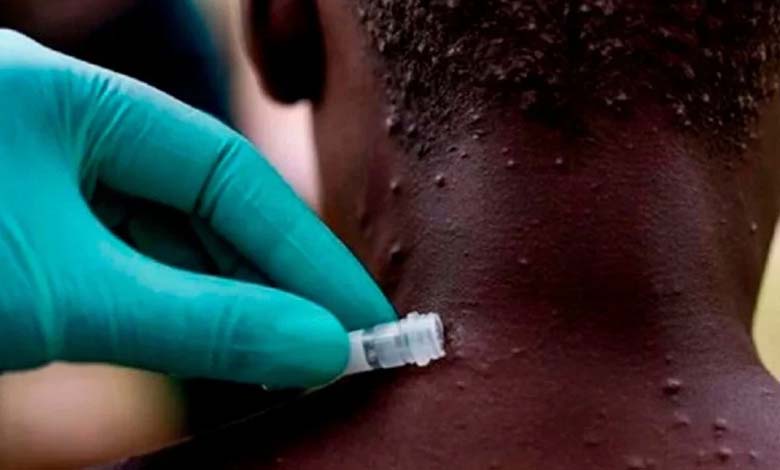Gavi Raises Half a Billion Dollars for Monkeypox Vaccines in Africa

Sania Nishtar, the executive chair of the Global Alliance for Vaccines and Immunization (Gavi), announced that the alliance has up to $500 million to spend on providing vaccines to countries experiencing monkeypox outbreaks in Africa, according to Reuters.
Gavi helps resource-limited countries provide and purchase vaccines to prevent infectious diseases that typically affect children, such as measles. However, the alliance has expanded its efforts since the COVID-19 pandemic.
The funds are available in Gavi’s “initial response” fund, which was established after global health organizations, such as Gavi, were slow to purchase vaccines in the early stages of the COVID-19 outbreak, unlike high-income countries.
-
Monkeypox Vaccine maker signs agreement with WHO for Latin America
-
Peru – First death of a patient infected with Monkeypox
These funds can be used to respond to health emergencies, a designation that the World Health Organization (WHO) and the African Centers for Disease Control and Prevention applied to monkeypox this week.
Most of the remaining funds were donated by governments and global health funding entities to help combat COVID-19.
Nishtar stated: “The funds available for vaccines are ready to be deployed,” but she also noted obstacles that need to be addressed, including formal vaccine requests from affected countries and the approval of vaccines by the WHO.
-
2 cases of Monkeypox detected for the first time in children
-
WHO chief to declare if he raises highest level of alert for Monkeypox
She added that Gavi is in early talks with the two companies that produce the widely used monkeypox vaccines, Bavarian Nordic and KM Biologics.
She clarified that formal requests can only be submitted after both vaccines have been approved.
The Democratic Republic of Congo has not yet submitted a formal request for the vaccines, despite being severely affected by the outbreak.
-
Monkeypox – What to do in case of symptoms?
-
Monkeypox – 1,000 cases reported worldwide, WHO fears virus will settle in non-endemic countries
Samuel Roger Kamba Mulamba, the Minister of Health of the Democratic Republic of Congo, stated at a press conference on Thursday that the country needs 3 million doses of the vaccine.
He added: “This is why it is important to awaken the international community.”












